Life-changing care for patients who experience strokes
In Oregon, our stroke teams are providing patients with industry-leading emergency and long-term care.
At Kaiser Permanente, we're at the forefront of stroke prevention and treatment, providing the highest level of care to our patients when and where they need it.
The Kaiser Permanente Westside and Sunnyside medical centers in Oregon were recently honored with the Get With The Guidelines® Stroke Gold Plus Achievement Award by the American Heart Association for our commitment to delivering the most effective and appropriate treatment for stroke patients.
Our clinicians and staff work together to deliver excellent care using evidence-based treatment protocols that are rooted in high-quality scientific research. This ensures that each patient gets the right care as quickly as possible.
Jeremy Fields, MD, regional stroke director for Kaiser Permanente in Oregon, recently shared insights about how to identify stroke symptoms and how Kaiser Permanente’s approach to stroke treatment improves the chances of recovery.
What’s the best way to improve outcomes in the event of a stroke?
Knowing the signs of a stroke is crucial because early recognition and immediate action can significantly improve the chances of a full recovery and minimize potential long-term effects. If people get to the hospital quickly, we can provide them with lifesaving and life-changing treatments.
What are the symptoms of a stroke?
Strokes are most common among people over age 60, but they can happen at any age. Symptoms of a stroke appear abruptly and without warning. They can include sudden weakness or numbness, trouble with vision or speaking, confusion, or a severe headache. If you or someone you know has these symptoms, you should call 911 immediately.
How are stroke patients treated in the emergency room?
We’ve developed a system for identifying patients with a stroke in the ambulance. When someone who’s likely had a stroke enters our emergency room, our whole team begins treatment immediately. This can include delivering clot-busting medication and, in the case of large strokes, performing surgery to physically remove the clot that’s causing the stroke. At Kaiser Permanente, patients receive clot-busting medication more than twice as fast as the national average.
How is long-term care managed for stroke patients?
For many stroke patients, it is possible to go back to the activities you enjoyed before. After the initial emergency is treated, our coordinated after-care ensures that stroke patients have access to a network of specialists, including neurology, cardiology, and occupational therapy and physical therapy teams, as they recover.
Learn more about stroke care at Kaiser Permanente.
-
Social Share
- Share Life-Changing Care for Patients Who Experience Strokes on Pinterest
- Share Life-Changing Care for Patients Who Experience Strokes on LinkedIn
- Share Life-Changing Care for Patients Who Experience Strokes on Twitter
- Share Life-Changing Care for Patients Who Experience Strokes on Facebook
- Print Life-Changing Care for Patients Who Experience Strokes
- Email Life-Changing Care for Patients Who Experience Strokes
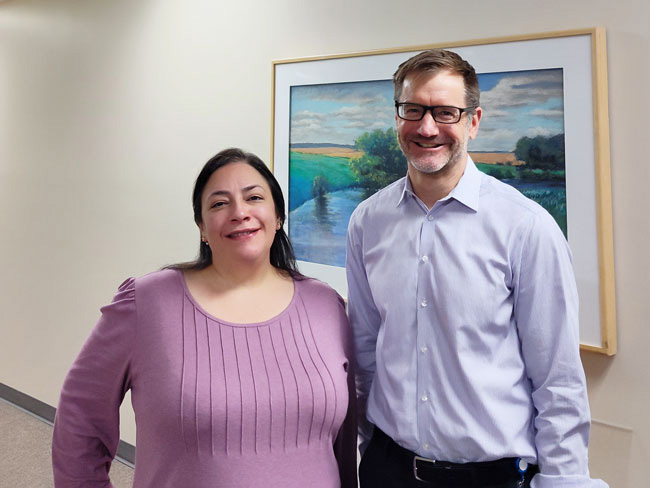
April 25, 2025
Treating the heart and lungs together for a rare disease
With her medical teams working together, Sirina Hazeem is getting her life …
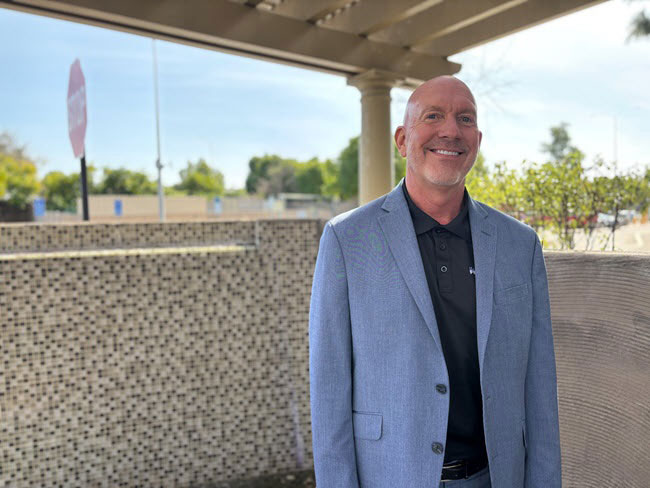
February 27, 2025
‘The heart attack that saved my life’
A sudden heart attack led Mark Twichel to seek care at Kaiser Permanente …

February 21, 2025
Broken heart syndrome: What to know
NPR

February 18, 2025
I just need a chance
Billy Cardosi spent his life putting his family and job first. Then a heart-rela …
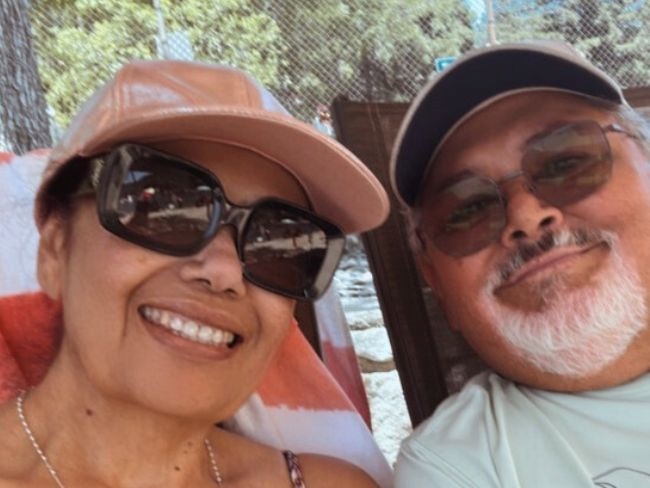
February 3, 2025
From a routine appointment to a cardiac crisis
An irregular heartbeat revealed that Enrique Medina had a serious heart …

January 29, 2025
A happy heart is a healthy heart
A cardiologist offers tips to help you improve your health and prevent …
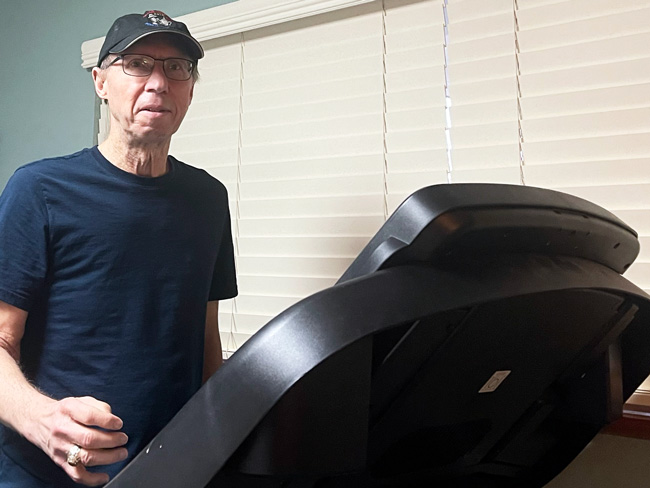
January 15, 2025
After surgery, home was where his heart was
Virtual cardiac rehabilitation offers Mike Erskine a convenient, safe way …

November 26, 2024
How to reduce your risk of stroke
A Kaiser Permanente doctor and researcher shares the simple changes you …

October 29, 2024
How poor sleep can hurt your heart
An interview with Kaiser Permanente sleep expert Clarisse Glen, MD, sheds …
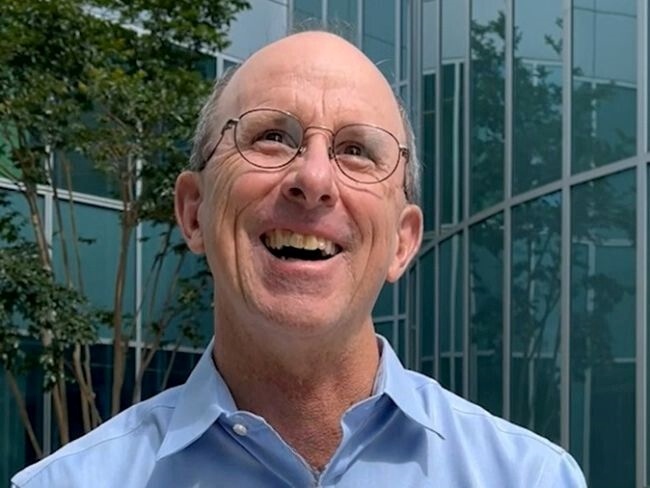
October 29, 2024
That’s not tennis elbow
A Kaiser Permanente physician thought he pinched a nerve during a tennis …

October 23, 2024
Doomscrolling? It may affect your heart.
Endless bad news is just one fingertip away online. One Kaiser Permanente …
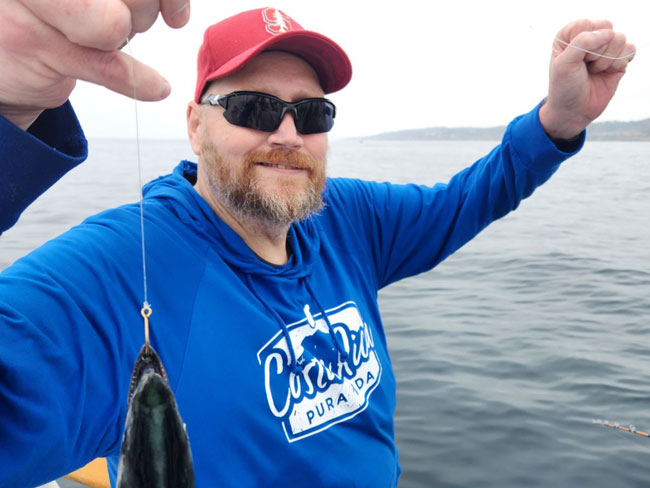
September 6, 2024
Navigating a world turned upside down after heart failure
After a life-threatening series of heart attacks at age 57, Bunnell Fockler …

August 15, 2024
Back home one day after heart surgery
Ed Dalmasso needed an aortic valve replacement. His care team provided …

July 10, 2024
We help members lower their risk of heart attacks and strokes
A Southern California program, powered by our connected care model, is …

April 8, 2024
Reducing inequity with fruits and vegetables
Black Americans experience worse health outcomes compared to other populations. …

March 29, 2024
Faster recovery: From cardiac scare to exploring Italy
Virtual cardiac rehab helped Mike Kelly heal at home after a life-threatening …
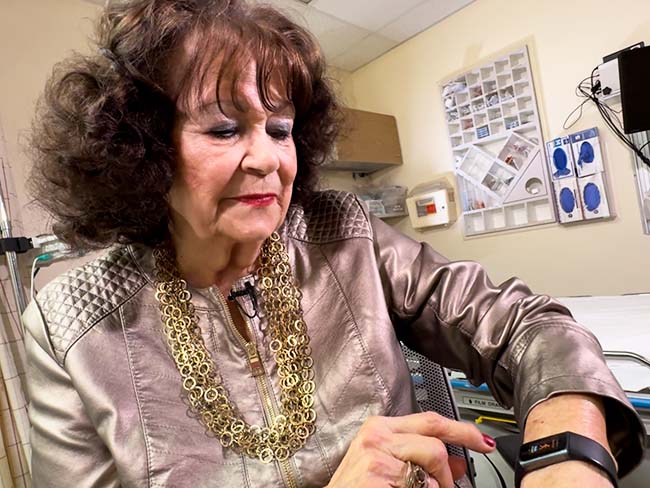
March 12, 2024
In-home recovery restores harmony to life
Colorado musician back with the band thanks to new virtual cardiac rehab …

February 22, 2024
The journey of a lifetime
Care teams at Kaiser Permanente Fontana Medical Center helped Phillip Crawford …
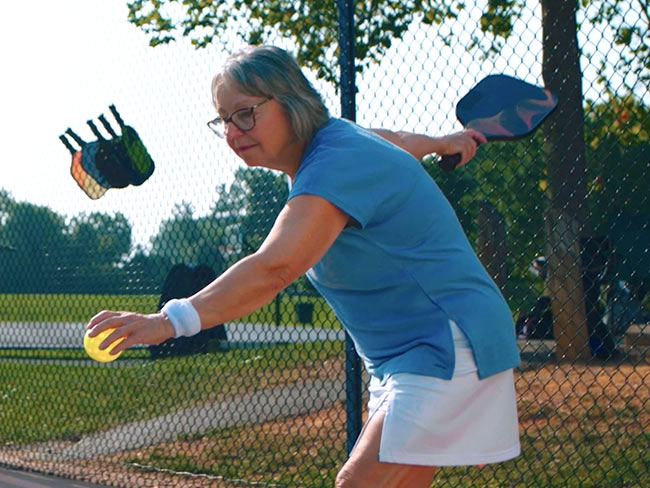
January 26, 2024
Retiree back in the swing of things after heart procedure
Tookie Gentilcore returns to enjoying life thanks to a quick, safe method …

January 17, 2024
How diabetes can affect your heart
People with diabetes are more likely to have heart disease.
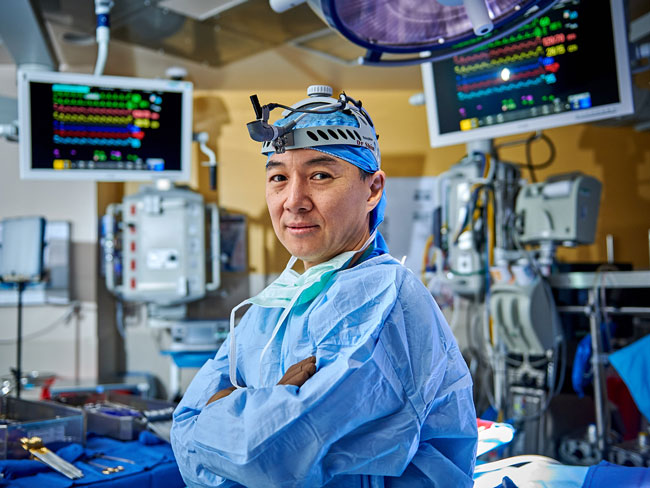
November 17, 2023
Expert advice on keeping your heart healthy
Dr. Yong Shin shares how people with heart disease can live longer, while …
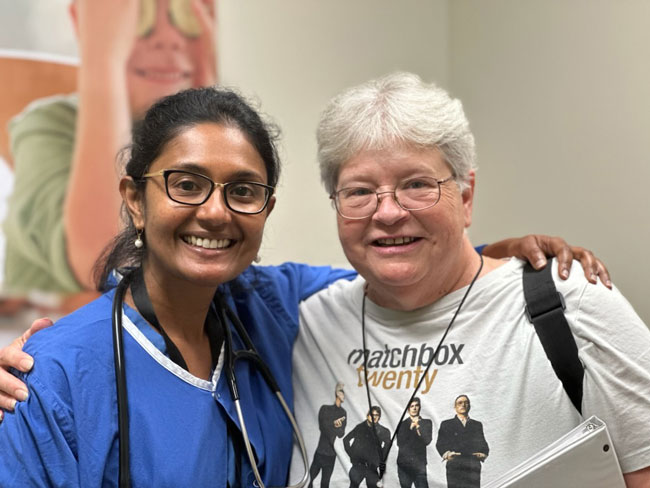
November 16, 2023
Providing a bridge to heart transplant
The use of a ventricular assist device implant gives one Oregon woman the …
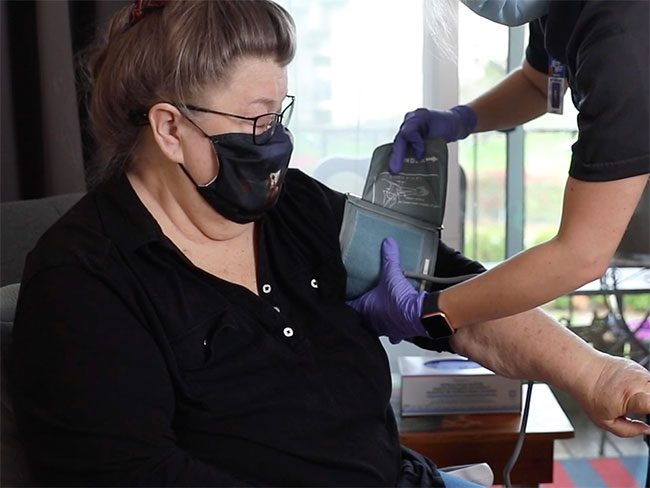
November 15, 2023
Care at home: Giving patients what they want
Our Advanced Care at Home program provides high-quality, safe care in familiar, …

November 13, 2023
Take a deep breath (we can help with that)
It’s never too late to quit smoking. At Kaiser Permanente, we can help …

September 20, 2023
Healing after a heart attack
For years, serious heart attacks meant hours of weekly appointments. Now, …

August 18, 2023
Protect your heart when temperatures soar
Excessive heat and pollution can increase your risk of experiencing dangerous …

August 17, 2023
Beyond clinic walls: Research supporting healthy communities
Stories in the Department of Research & Evaluation 2022 Annual Report demonstrat …

August 15, 2023
As temperatures rise, so does the risk of heart problems
A Kaiser Permanente cardiologist shares advice on how to stay safe, what …
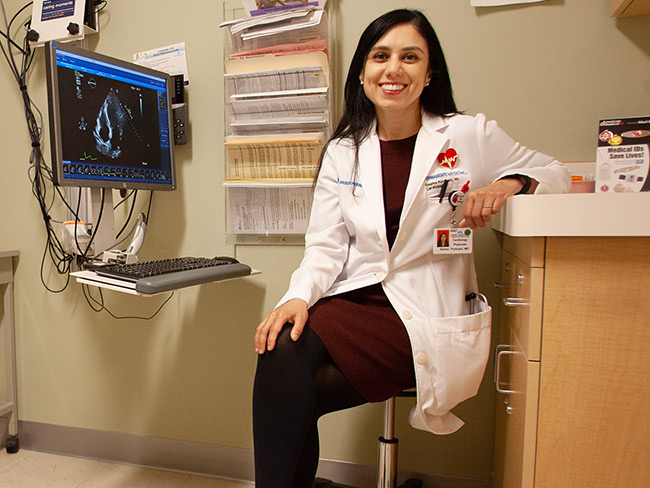
June 14, 2023
5 easy ways to reduce heart disease risk
A reminder that men and women can assert control over risk factors that …
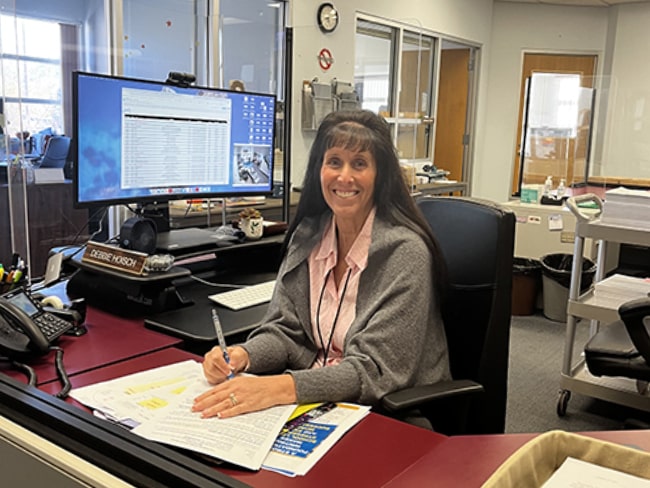
June 2, 2023
Worth knowing the warning signs
Kaiser Permanente member Debbie Hoisch encourages people to know the warning …
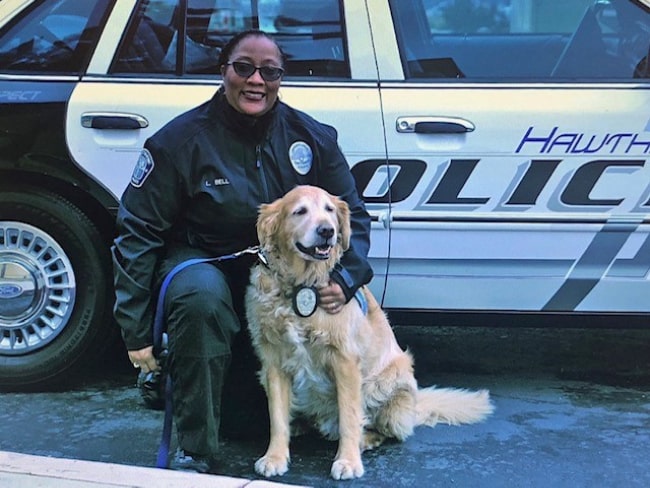
May 25, 2023
Grateful for the gift of speech
After experiencing a stroke, K-9 handler Lameka Bell regained near-total …
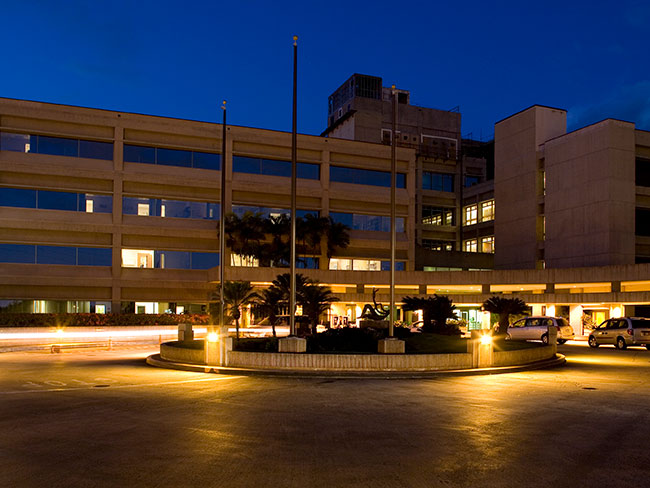
May 2, 2023
Hawaii hospital named one of America’s best stroke centers
Kaiser Permanente Moanalua Medical Center recognized by the Women’s Choice …

February 28, 2023
A conversation about pregnancy and women’s heart health
New research shows blood pressure patterns early in pregnancy can identify …

February 24, 2023
Current air pollution standards tied to higher heart risks
Kaiser Permanente study of 3.7 million adults provides support for strengthening …

February 1, 2023
Her heart was telling her something wasn’t right
When a Kaiser Permanente member discovered she had an irregular heartbeat …
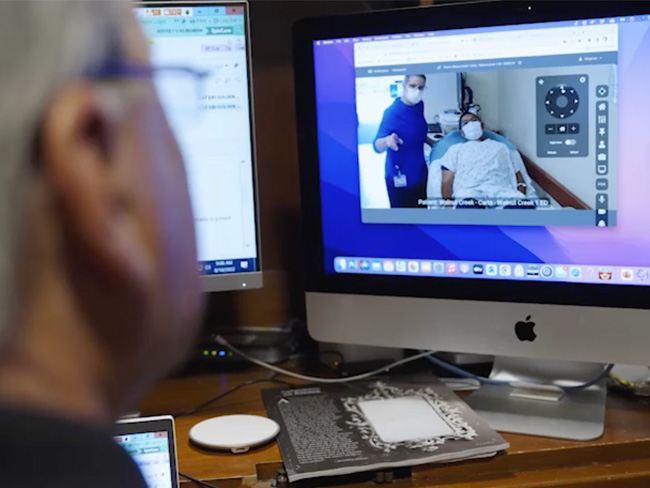
January 18, 2023
Speed saves lives: Fast stroke treatment key to survival
When a stroke happens, minutes matter, and Kaiser Permanente treats strokes …

November 14, 2022
It’s time to rethink health care quality measurement
To meaningfully improve health equity, we must shift our focus to outcomes …
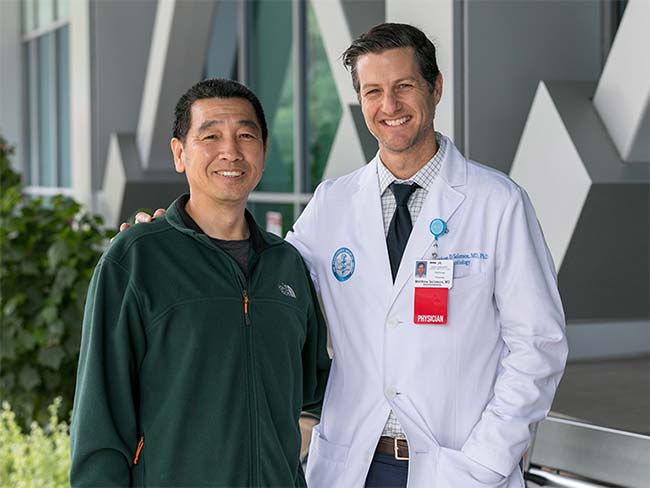
September 27, 2022
A heart saved
When Rong Fang had a life-threatening heart attack, specialists at 2 Kaiser …

Dark chocolate bark with pistachios and dried cranberries
You can make this healthy, holiday-worthy dessert any time of year!

November 3, 2021
Hawaii hospital named one of America’s Best Stroke Centers
Kaiser Permanente Moanalua Medical Center recognized by the Women’s Choice …

July 30, 2021
Pairing doctors with your devices for improved health
Wellness and fitness-tracking devices can help doctors and patients coordinate …

February 4, 2021
A passion for the practice of cardiology
Dr. Chileshe Price shares her commitment to advancing cardiac care through …
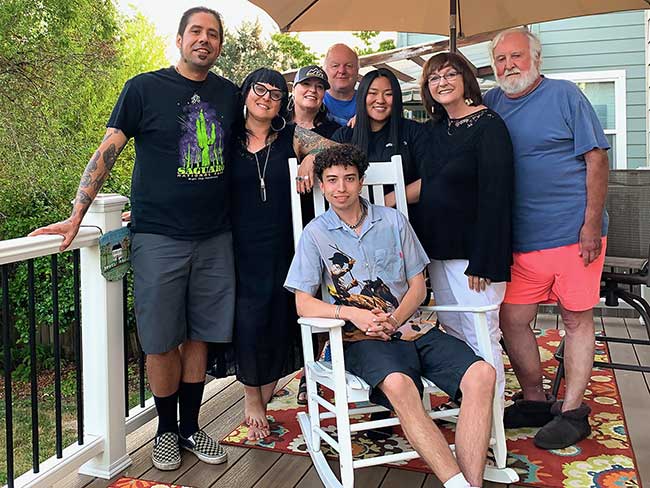
September 30, 2020
Cardiac care in the time of COVID-19
Skilled care and thorough infection-prevention protocols kept Eleanor Gorman …
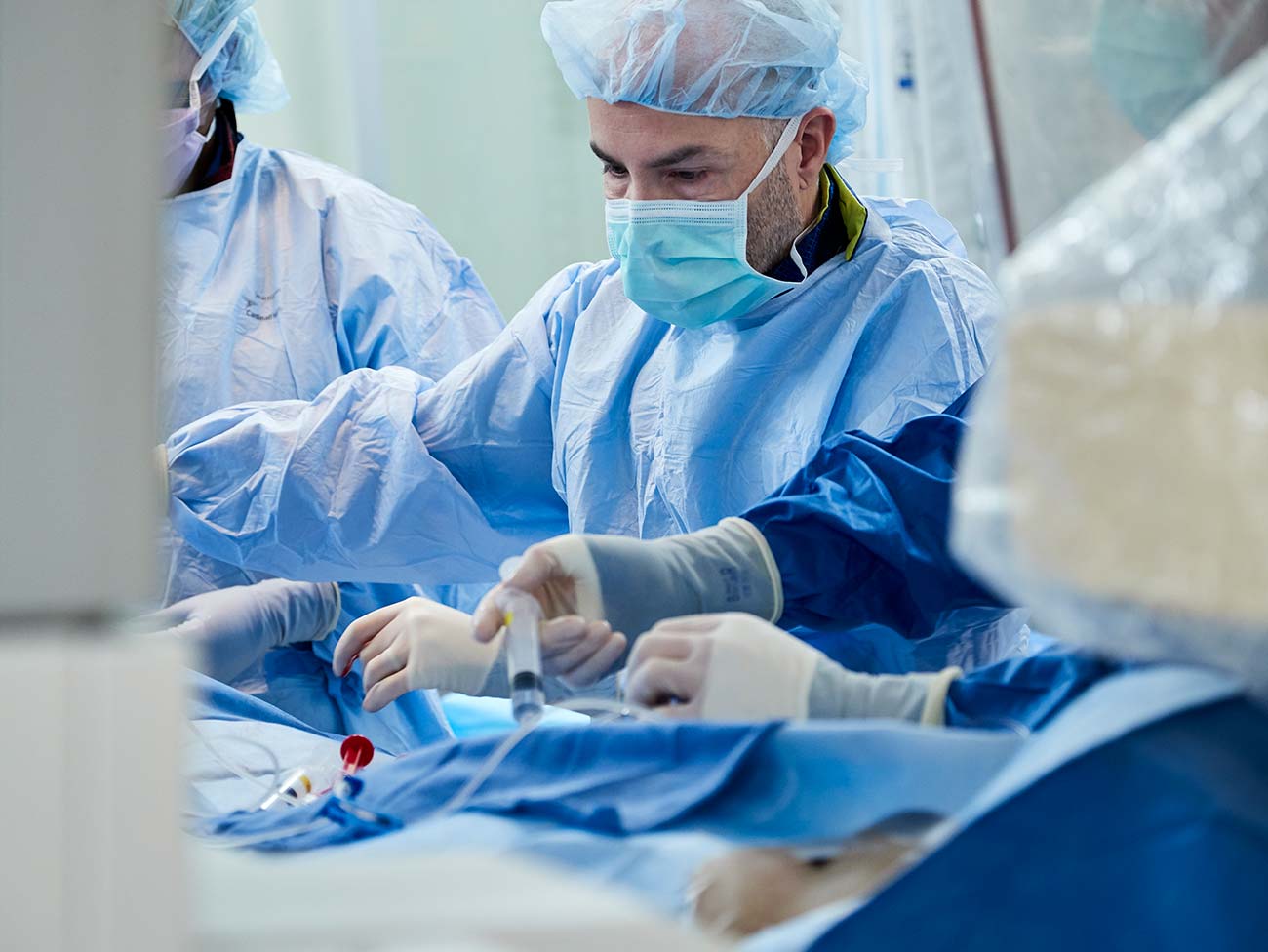
August 19, 2020
Stroke care you can count on
Kaiser Permanente hospitals were again recognized by the American Heart …

Curried rice and artichoke salad
This simple, heart-healthy recipe is plant-based with an international …

May 19, 2020
Large decrease in hospitalized heart attack patients
New Kaiser Permanente research backs anecdotal reports that people are …
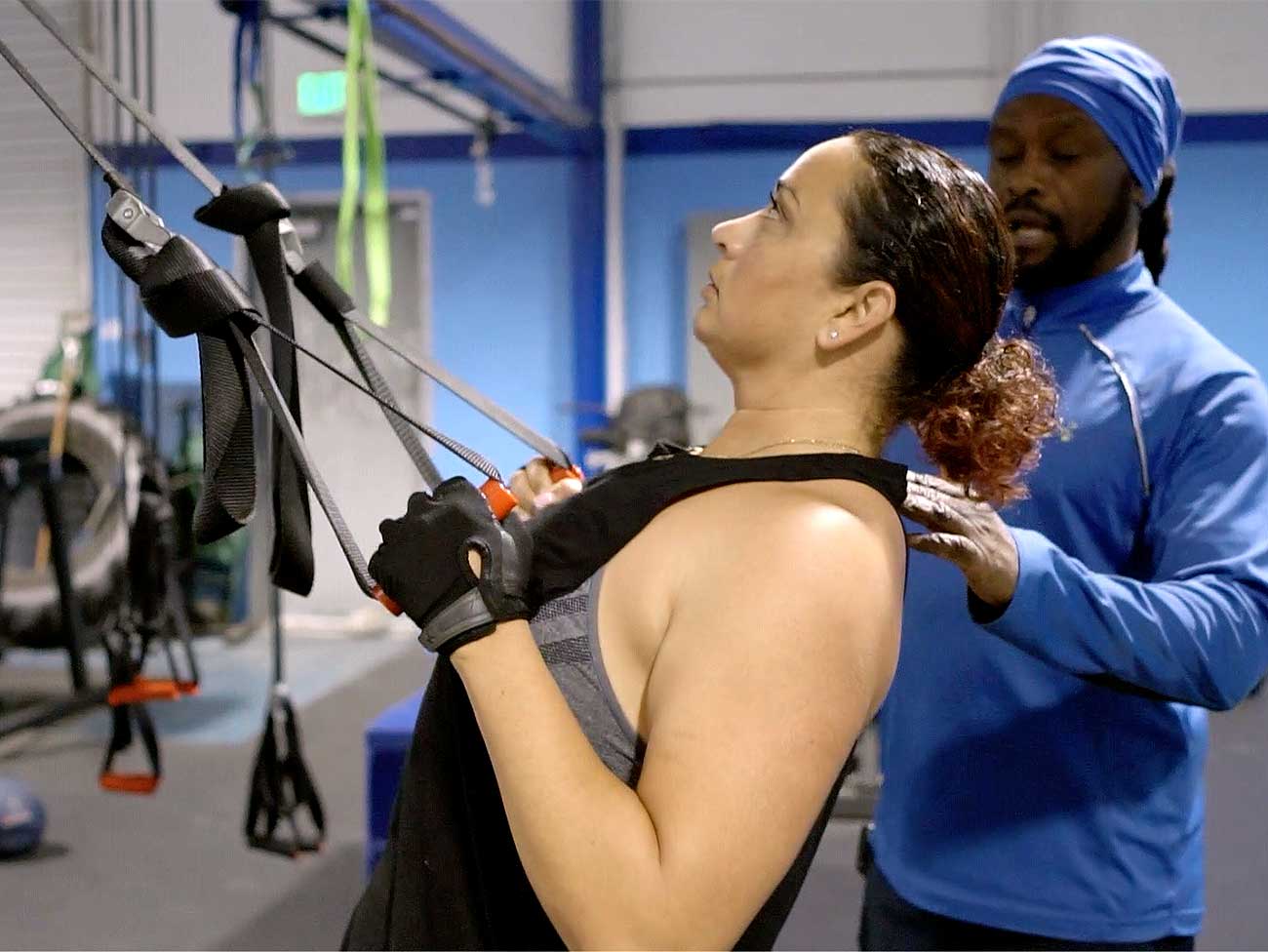
February 20, 2020
Bringing healing home with virtual cardiac rehabilitation
Michelle Wofford gets a new lease on life after a serious cardiac event.

'Instant' chocolate pudding
Try this recipe for a rich and satisfying chocolate fix.